(Please slide left for English version)
TOK(Theory of Knowledge)是IBDP核心课程中一门极富魅力的课程。它是IBDP的灵魂学科,贯穿IBDP两年的学习过程。
TOK是一门怎样的学科?
 (资料图)
(资料图)
TOK并不特指某个领域的具体知识,而是一种思维训练。换言之,TOK不要求学习语文、数学、英语、科学、艺术等知识性科目里的内容,而要求学生反思他们从知识性科目中以及日常生活中学到的知识。
作为高中生,同学们在课堂上积累了大量的学科知识,课堂外也在不断接收各种资讯、信仰和观点,却少有机会思考这些知识背后的种种问题。比如:人类所掌握的知识是怎么来的,从哪里来的?我们能在多大程度上倚赖这些知识?
TOK则引导学生站到一个更高的视角,去审视人类永无止境获取知识的过程,去探讨人类发现知识、交流知识、验证知识的方法,去了解各种认知陷阱和偏见,认识现有各学科知识结构的形成和要素,鼓励学生重新审视学过的基础学科知识,培养学生探索世界的好奇心、严谨的逻辑思维和批判性思维。
TOK如何评分
TOK评价分为展览(占分比33%)和论文(占分比67%)两部分。每个学生需要创作包含三件物品的展览,并创作一篇基于展览主题的评论。
论文部分,每年IB将出具六个论文题目供学生择一写作。譬如2023年的论文题目:
视觉化呈现是否总是有助于知识的交流?请参考人文科学和数学展开你的应答。(Are visual representations always helpful in the communication of knowledge? Discuss with reference to the human sciences and mathematics.)
关于这个题目,学生需要关注“知识交流和传播的过程”(the communication of knowledge),分析影响知识交流/传播的因素。
在2022广州外国语学校爱莎文华IBDP课程TOK成果展,同学们围绕诸如“传播和/或交流知识要面对哪些挑战?”、“社会价值观如何影响知识的产生?”、“什么可以作为一个论断的有效证据?”等问题,选取相对应的图片选择进行说明,展开讨论并进行展示。
Diana Dai
高二在读学生
TOK这门课不是让我们“看到不爽就批判”。在课上,我们围绕关键词,从源头上认识知识:知识是怎么来的?为什么是这样的知识?解决这些问题有利于我们更好成为一个学术者、思考者,学会思考并进行实际应用。
就像最近我们的写作话题中谈到在森林有一棵树倒了,但附近没有人听到这棵树发出声音,那树是否发出了声音?A和B双方给出了截然相反的答案,在这个课堂里A和B都没有错。在老师引导下,我们发现其实双方对于声音的定义不同,A从物理学角度思考,认为树倒下会有振动,而振动会发出声音;B则从生理学角度出发,认为即使产生振动,但要被耳朵感知大脑接收才算有声音。而这,就是让我们学会不同角度看待问题。
TOK如何助益顶尖大学申请
通过TOK课程的学习,学生将达到以下目标:
一、养成勤于对自我认知进行反思的习惯;
二、树立辩证看待各种知识的观念,意识到知识普遍存在的局限性和不确定性,并学会对其进行合理的分析和评估;
三、学生需要深刻认识到价值观,责任意识和道德考量在知识构建、学习和应用中的意义;
四、学生将跨出自我狭窄的立足点,从多个外部视角审视问题,开放思维,胸纳百川。这种能力便是当今全球化背景下的生存之道——跨文化意识;
五、通过不同领域的知识在范畴、应用、概念、构建方式和学习方法上的横向对比,帮助学生有意识地建立跨学科的联系。有助于加深高中阶段学生的思维,从被动接收知识到主动创造知识,为未来站上更高的学术平台打下坚实基础。
由此可见,TOK对学习者提出的核心素养要求正是顶尖大学所青睐的,亦是立足于信息全面爆炸、科技迅猛发展的当今社会的必备特质。
在广州外国语学校爱莎文华IBDP课程,学生们用英文学习认识论,并需要大胆表达自己的想法,在锻炼思维能力的同时完成了学术英语和其他学科英语水平的训练。学生们将会对使用英语更加自信,这对大学申请至关重要。
IB相信,在瞬息万变的世界,独立思考的能力将是令孩子一生受益的财富。
欢迎加入IB学习者大家庭,开启TOK这门激动人心又富有挑战的课程!
(向右滑动查看中文)
Theory of Knowledge (TOK) is a very attractive subject of the DP core. It is a core subject of the IB Diploma Programme, which runs through the two-year study of IBDP.
What kind of subject is TOK?
TOK is not about specific knowledge in a certain field, but the development and improvement of critical thinking skills. In other words, TOK does not teach specific knowledge like the other subjects do, such as Chinese, Mathematics, English, science, art, etc., but teaches students to reflect on what they have learned from these subjects and daily life.
As high school students, they have accumulated a large amount of subject knowledge in the classroom, and they are constantly receiving various information, beliefs, and opinions outside the classroom, but they rarely have the opportunity to think about the various issues behind the knowledge. For example, how and where does the knowledge that human beings master come from? How far can we rely on the knowledge?
TOK guides students to see from a higher perspective, to examine the endless process of human beings acquiring knowledge, to explore the methods human beings use to discover knowledge, communicate knowledge, and verify knowledge, to understand various cognitive traps and prejudices, and to recognize the structural formation and elements of existing knowledge, to encourage students to re-examine the basic subject knowledge they have learned, cultivate their curiosity to explore the world, and develop their rigorous logical thinking and critical thinking.
How is TOK assessed?
The TOK assessment is divided into two parts: exhibition (accounting for 33%) and essay (accounting for 67%). Each student is required to create an exhibition of three objects and write a commentary based on the theme of the exhibition.
For the essay, IB will announce six topics for students to choose one to write each year.
For example, one of the 2023 essay topics is: “
Are visual representations always helpful in the communication of knowledge? Discuss with reference to the human sciences and mathematics.
As to this topic, students need to pay attention to "the communication of knowledge” and analyse the factors that influence the communication and spread of knowledge.
At the 2022 TOK Exhibition of Guangzhou Foreign Language School ISA Wenhua IB Diploma Programme, focusing on questions such as "What are the challenges to spreading and/or communicating knowledge?", "How do social values affect the generation of knowledge?", "What can be used as effective evidence for judgement?” and other questions, students select relevant pictures, explain and discuss about these questions, and make an exhibition.
Diana Dai
a G11 student
TOK is not teaching us to "criticize whenever we are unhappy". In the class, we focus on key words to understand knowledge from its origin: how does knowledge come to exist? Why is it such kind of knowledge? Solving these questions will help us become better academics and thinkers, learn to think, and apply our thinking to use.
Just like in our recent writing topic, we talked about a tree falling in the deep forest, but no one nearby heard the sound from the tree. Did the tree make a sound? Party A and B gave diametrically opposite answers, and neither party is wrong in this class. Under the guidance of the teacher, we found that the two parties have different definitions of sound. Party A thinks from a physical point of view that a tree will vibrate when it falls, and the vibration will make a sound; B thinks from a physiological point of view that even if there is vibration, it is only when the ear perceives, and the brain receives that there is sound. And this is to teach us to look at issues from different perspectives.
How does TOK help in the application for top universities?
Through the study in TOK, students achieve the following:
1. Develop the habit of diligently reflecting on self-cognition;
2. Establish a dialectical view of all kinds of knowledge, be aware of the limitations and uncertainties of knowledge, and learn to analyse and evaluate them reasonably;
3. Deeply understand the significance of values, sense of responsibility and moral considerations in the construction, learning and application of knowledge;
4. Step out of their own narrow foothold, examine issues from multiple external perspectives, open their minds, and be open-minded. This ability is the way to survive in the context of globalization today - cross-cultural awareness;
5. Through the horizontal comparison of the scope, application, concept, construction method and learning method of knowledge in different fields, it helps students to consciously establish interdisciplinary connections. It helps the high school students to deepen their thinking, to actively create knowledge instead of just passively receiving knowledge, laying a solid foundation for a higher academic platform in their future.
The key competence required by TOK of learners is favoured by top universities, and it is also an essential quality today with the explosion of information and the rapid development of science and technology.
At GZFLS ISA Wenhua IB Diploma Programme, students learn TOK in English and are encouraged to confidently express their ideas. While exercising their thinking ability, they are also trained in academic English required in other subjects. Students feel more confident in their use of English, which is crucial for university applications.
IB believes that in a rapidly changing world, the ability to think independently will be an asset that will benefit students throughout their lives.
Welcome to join the family of IB learners and start the exciting and challenging study of TOK!
关键词:

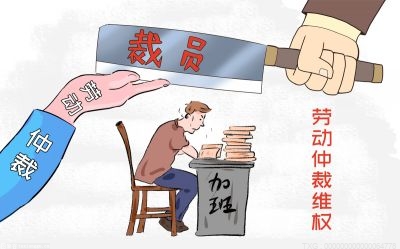
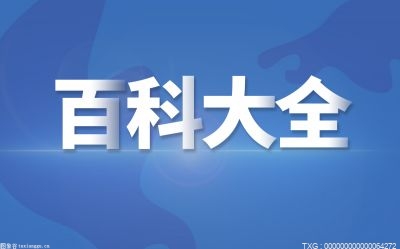
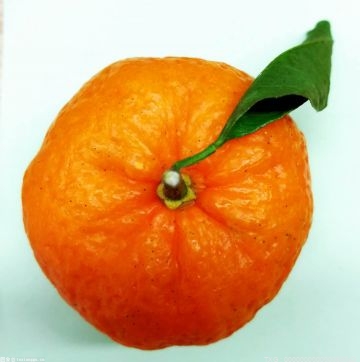

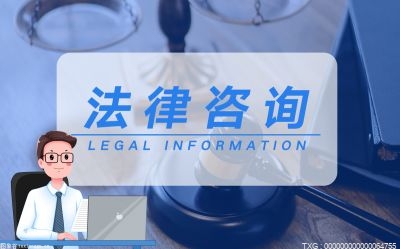


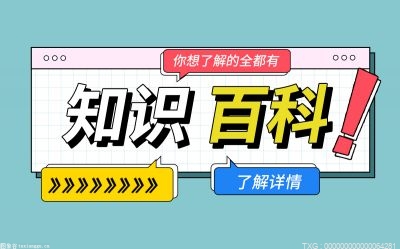
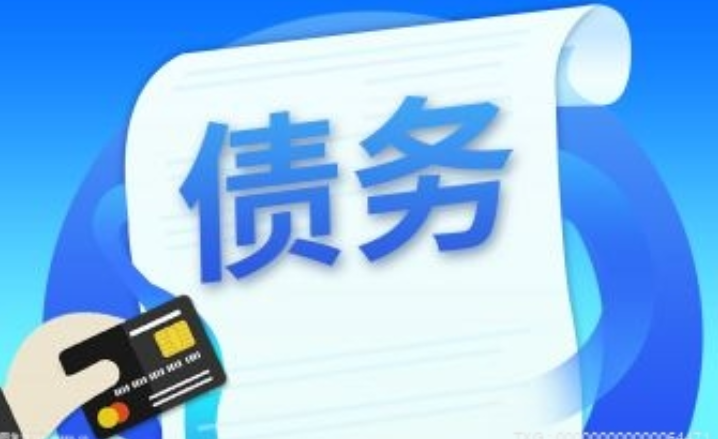
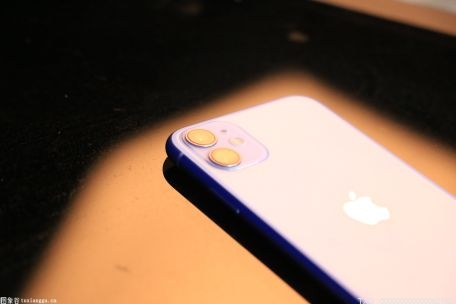
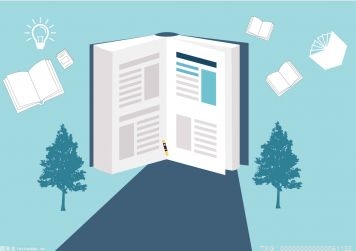
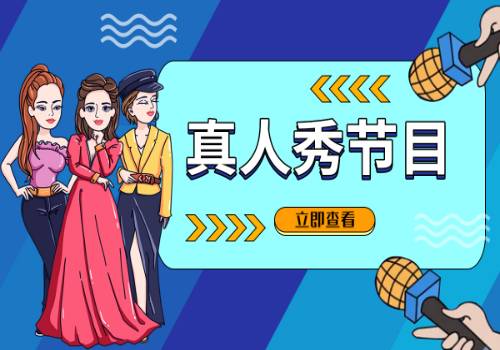

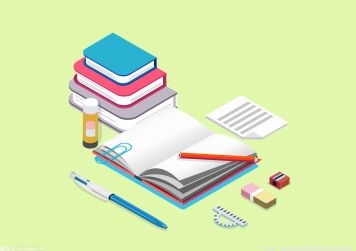
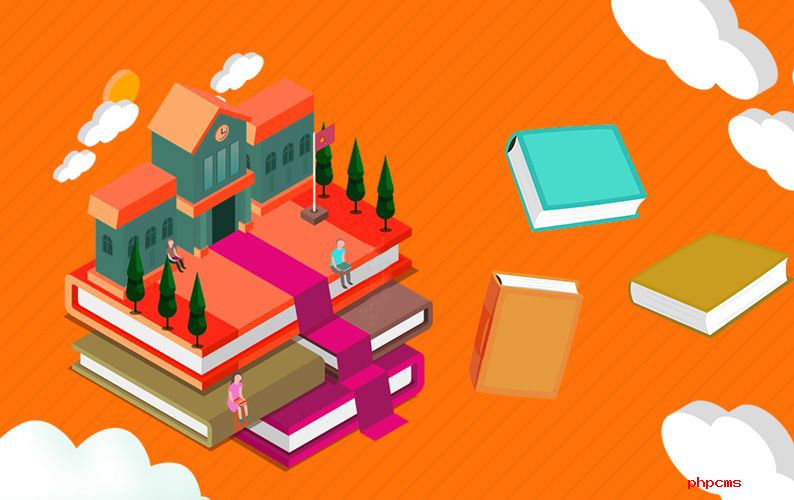

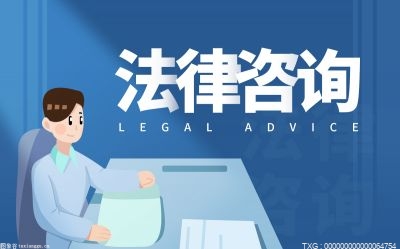
 营业执照公示信息
营业执照公示信息